I am a Catholic. I converted as an adult in 2016. I converted alone, at great personal cost, not to satisfy anyone else nor because of marriage but simply because I thought it was the right thing to do.
As a kid, I was as protestant as you can possibly be. Not that I chose that, of course. It was simply the environment. Rural Alabama didn’t have many options in the way of “high church” and all my earliest religious experiences took place either in a simple wooden sanctuary or outside in a field. We were evangelicals you see. Evangelical evangelicals. The sort with tent rivals. People who unironically asked one another “Can I get an amen?”
For all that, I did attend a private school though. A Church of Christ school. At the time, perhaps the only such institution in the country. Maybe the world. Every day was started with chapel and all of us, boys with our shirts tucked in and girls in dresses (no pants allowed), filed into a small auditorium for a short sermon. We would finish the morning with Sacred Harp Singing, a form of religious folk music from 1800s Appalachia.
It sounds like this.
A few hundred children, from kindergarten to twelfth grade, all packed in a room chopping our hands “like a tomahawk” to keep time. We didn’t use regular sheet music. We learned shaped notes. They look like this and, in the version we used, each octave was denoted by a different color, so the second “Do” here would be green or red, depending on the hymnal.
I was/am, extremely southern, and the Tradition I grew up in was not well understood nor liked by anyone, not even other Protestants. Most people, if they know anything about Church history at all, see the Reformation as a conflict between merely two factions, Protestants on the one hand and Catholics on the other. Little regarded though is the fact that, throughout all that time, and all those wars, there was, actually, a third group, one hated equally by Papists and Lutherans alike. Some have called this group (I think appropriately), “The Radical Reformation”, and this was the faction that would give rise to all the of “weirder” versions of Protestantism. The Puritans. The Anabaptists. The Mennonites, Quakers, and Shakers. Whereas both Luther and Calvin, at least on paper, viewed themselves as “reformers”, and looked forward to a time when their Protest would be ended because Rome had recognized and mended her ways, The Radical Reformers took things to a much greater extreme. So much so that Europe couldn’t tolerate them. They mostly had to all flee to America least they be executed by the continental monarchies (both Catholic and Protestant). The Radical Reformation didn’t believe in hierarchies. They didn’t believe in priests. They felt no need for any intermediator between themselves and God and felt that their Eucharist was just as valid as any other. As George Fox, founder of the Quaker movement famously said:
“The Lord showed me, so that I did see clearly, that he did not dwell in these temples which men had commanded and set up, but in people's hearts … his people were his temple, and he dwelt in them.” — George Fox
See…
Despite all their arguing…
Catholics, Lutherans, Anglicans, and all the other Mainline Protestants mostly look the same.
Experts in clerical vestments, liturgical colors, worship postures and the like could probably tell you which is which, sure, but, by and large, all the big Protestant Churches, the ones born from The Reformation, think of themselves as “The Church” in the same way that Catholics do. They have priests. They have bishops. They have written confessions and dogmas and liturgies.
By contrast, the church I grew up in, one born from The Radical Reformation…
It looked more like this:
Totally different world. Completely different mindset.
I hope my Protestant credentials are thereby duly established.
As Paul said, he was a Jew’s Jew and, in like manner, I was a Protestant’s Protestant. Someone who never even heard the word “Lent” until I was maybe seventeen. Someone who never heard anyone referred to as “Father.” We sang How Great Thou Art with a banjo and prayed tornados away, standing outside in a storm and hurling the name of Jesus at the clouds.
Flash Forward.
When I was twenty-two I went to Rome.
Beautiful city. The name “Eternal” is well earned. It’s a place that lives up to the hype and, walking through the Roman Forum, or The Colosseum, or standing in The Pantheon… it is impossible to not have at least a minor psychedelic experience. To get lost and feel yourself sinking into the sands of Time. I remember climbing the stairs of a building to the roof and looking out over the city and almost seeing the passage of time. The marching legions. The Kings. The shuffle of innumerable peasants and their animals. The parades of Popes. This was, also, the first time in my life I encountered real homelessness.
We had homelessness in Alabama, sure. But I lived in the middle of a cow pasture with a horse named Rose who much preferred green apples to red ones. There wasn’t a lot of that going on out there. I’d only ever encountered homelessness here and there while passing through the city and all the American homeless I saw seemed to be mostly people just down on their luck. Possibly people addicted to drugs. They were not like the Roman homeless. A blind nun, groping about with a cane. A man without hands holding a cup between his teeth. The Roman homeless were truly hopeless cases. They felt like something out of Bible times and I felt as though at any moment I might encounter a demoniac or a beggar white with leprosy.
I basically did.
Strolling around The Vatican, in the exact place pictured above, I stumbled, almost literally, upon a Jew.
Orthodox. Hasidic I suppose. He had the jacket and the beard and the locks of curly hair hanging from his temples. Wasn’t wearing the hat though. His hat, the tall, black kind men of his religion wear, was in his hand. Upside down accepting offerings.
He was on all fours. Hands and knees. He was shaking. Through his long whisps of unkempt hair I could see, poking through, lumps. Tumors.
“Sir?” I knelt beside him. “Sir… are you okay?”
No response.
Maybe because it was a stupid question. Obviously he wasn’t.
I continued trying to speak to him and, if he could hear me at all, then he was nonverbal for he never answered. Perhaps the tumors on his head which rendered him incapable of suppressing the constant tremor of his limbs had also taken his ability to speak. How he’d gotten to this spot of sidewalk remains a mystery to me. It seemed utterly implausible that he could’ve gotten there by his own power. I was at a loss. I stood up and looked around, wondering what to do.
All about us, the stream of tourists continued. Men and women holding hands. Families. Everyone laughing and having a great time, parting around the two of us like water flowing around a stubborn rock. Should I take him to a hospital? Call an ambulance? I didn’t have much money and I didn’t know what the protocol was for such a thing in Italy. At home I would’ve dialed 911 but, here, if that was an option, apparently no one had yet done it. I put what I could in his hat and prayed with him, or rather, I guess, over him.
Then…
I didn’t move.
I couldn’t.
I stayed with him there for about half an hour.
Something should happen here, I kept telling myself and yet, minute after minute, more and more people kept passing as if nothing were wrong. After a while some police drove by on scooters. They didn’t stop. I guessed this was normal. I put more money in his hat. I don’t know why. As I said, it just felt like something should happen.
Then.
Something did.
Something legitimately right out of Christ’s parables.
As I stood there with the man, a priest, a clergyman in full clerical gear with a collar, approached us. Right on our side of the sidewalk. Right by the wall. At some point he looked at me and I looked at him. We locked eyes. I saw his gaze drift away from me down to the man on all fours beside my knees. He saw him. I saw him see him. Breaking eye contact, the priest checked for traffic and crossed to the other side of the road. He walked past us and then crossed back again. He disappeared into the crowd.
That was my first impression of Catholicism.
A Jew, covered in tumors, groveling on his knees outside the walls of the wealthiest per capita nation in the world and a priest walking across the street to avoid him.
I don’t know what to say.
I wish I could say that I played The Good Samaritan in this story and took him to an inn but commerce is a bit more complicated now than it was in Jesus’ day. Even if I’d had the money to do so, I don’t think there’s a hotel in Europe that would accept a sick man and the promise to “pay you what it costs” to care for a him whenever I returned. Insurance would never cover such a thing. Might not even be legal. I don’t know. There didn’t seem to be any good option and, in the end, I also gave up. I also left him there. I dug into my pocket a third time and put money in his hat and walked away, a choice that has haunted me ever since. Given the state he was in when I found him, I would be shocked if he wasn’t long dead by now. I hope he forgives me. I hope he found peace.
The most holy man I ever knew was from one of those Radical Reformation traditions. The kind who baptized in a creek. He taught Sundy School and, every Sunday, he would say, “Just like I tell my children, ‘There’s nothing you could ever do that would make me stop loving you’, there’s nothing you or I can ever do to put ourselves outside the love of Jesus.”
That man knew what love was. Maybe the only person I’ve ever known who did.
He was selfless. I remember he would show up at service sometimes with a random person he’d run across at work and, later, I learned that he was often helping these people pay their rent or get new working cars. He prayed every day. Morning, noon, and night. His Bible was so thoroughly read that all the pages were falling off the spine and I don’t think he ever worked a day in his life for himself, spending almost everything he ever made on others. He paid for some random kid’s college. He bought strangers cars. Because of him, when so-called “Trads” tell me that “There is no salvation outside the Catholic Church”, or that Protestantism is “evil” and that the people who use grape juice for communion “don’t know God…”
I simply know they’re wrong.
Just like I know that all their traditions, all their rites, and all their orthodoxy did nothing to stop a priest from leaving a man to die. Right outside the Vatican. Touching its very walls.
In my opinion, the Achilles Heel of Catholicism and, to a lesser extent, Orthodoxy, is the tendency to outsource holiness to “The Institution”, seeing “The Church” as a bureaucracy of offices, rites, and traditions rather than as a community of believers. “Say the rosary every day and you’ll get to heaven!” “The brown scapular protects anyone who dies wearing it from the fires of hell!” “Go through this door on the fourth Sunday after Pentecost after turning around three times, pouring salt over your shoulder, and reciting the “Hail Holy Queen” for a “Get out of Purgatory Free” card.
All that kind of thing.
Frequently Catholics will call Protestants “Gnostic” for not believing in such but, the Protestant question that remains undefeated is very simple, namely: “If all those sacraments and sacramentals impart grace… why aren’t you more graceful?”
Please.
This is not an anti-Catholicism post.
Not at all.
The line between good and evil runs directly down the middle of the human heart and there is no pristine “us” which is above a “them” mired in the muck. In that same anabaptist church, the very same with the most holy man I ever knew, one of the deacons was later sent to jail for molesting his own granddaughter, and so the Protestants have no room to speak when they jibe Catholicism for its own history of sexual abuse.
If, however, you’re going to put your faith in all those things, if you’re going to claim that all your rites and traditions and devotions are holy and necessary and sacred and especially if you’re going to chide and attack others for not having them then, in my opinion anyway…
You need to be able to back it up.
To put your money where your mouth is.
If you’re claiming to be the only place Christ is found then it’s a damn fair question to ask why you aren’t more like him.
That’s why at the end of the day I don’t think most of the quarrels between Catholics, Protestants, and Orthodox amount to much. They’re fighting just to fight. To be “right.” Fighting probably mostly just to quiet their own doubts. Fighting to convince themselves that they have chosen correctly and are in “The True Church™.”
But debate isn’t how you figure out who’s in the church.
You figure it out by asking, “Who was neighbor to the man?”
The Samaritan was not unlike the Protestant of his day. A member of a small religious group that existed as an offshoot from a larger, more organized and more institutional one. Samaritanism was an offshoot of Judaism started, kind of, by the ancient Jewish equivalent of Martin Luther. Like their modern Protestant doubles, the Samaritans were often hated, despised, and looked down upon by their counterparts in the mainstream religious hegemon. Their worship was false the Jewish leaders said. They did not have the proper lineage. They had not the proper dogmas. They needed to be educated or, worse, eradicated, as their existence polluted and distorted clean, sound doctrine.
And of course there is sound doctrine.
Note, importantly, that Christ never says that there isn’t a right answer to theological questions nor that one version of belief can’t be more intellectually sound than another. No. In fact he says the opposite, for he tells the Samaritan woman at the well that her people “worship what they do not know”, implying that Judaism is more theologically correct.
And yet…
At the same time Christ casts a Samaritan as the hero of his story.
A guy who, maybe, had the erroneous religion, but who nonetheless knew God ahead of those with the correct one.
“Not everyone who says to me, ‘Lord, Lord,’ will enter the kingdom of heaven, but the one who does the will of my Father who is in heaven.” — Jesus, Matthew 7:21
And so who did the will of the Father? The anabaptist in the river paying for people’s college… or the priest in a collar, skirting around the sick?
…
You will never think your way into Heaven.
All your theology will be as dirty rags. Go ahead. Have all the right answers. Know all the documents. Read all the church fathers. Study church history. Become a cannon lawyer and drink pints with your bros while reading Aquinas in a tweed jacket.
If such does not lead you to Love others more then it is worthless.
Less than worthless, for you will have likely simply turned it into a reason to feel superior. Holier and more righteous than thou. Orthodoxy matters only in so much as it leads you to Orthopraxy and, if your intellectual study of the faith is driving you to have contempt for others, to want to “dunk” on them with long screeds about how they’re foolish or “in error” or the source of all modern ills then *you* are the one in danger of hellfire.
Not them.
Listen. The Christian life isn’t about being right. It’s about doing right and a snake handler in Tennessee who loves his neighbor will get to Heaven before a scornful man or woman armed with a thousand rosaries. Jesus did not start a school of philosophy nor an intellectual tradition. Rather, he started a church. We can discuss and debate just how visible or invisible that church is until the cows come home but, at the end of the day, as Jesus himself advised, the one crucial thing to do is to ensure that you yourself are in it. “You will know them by their fruits” and, I hate to tell you this but, posting “Protestant Bad” for the 357th time is not in fact a fruit of the spirit.
Have you not read the scriptures? Do you not realize that Christ instructed us on this very issue?
John said to him, “Teacher, we saw someone casting out demons in your name, and we tried to stop him, because he was not following us.” But Jesus said, “Do not stop him, for no one who does a mighty work in my name will be able soon afterward to speak evil of me. For the one who is not against us is for us. For truly, I say to you, whoever gives you a cup of water to drink because you belong to Christ will by no means lose his reward. — Bible, Mark 9:38-41
From the very first moments of Christianity, before Christ had even died, there were followers operating outside Apostolic jurisdiction. Outside the Apostolic tradition. The Apostles themselves confronted this very question, believing they needed to stop the wayward healer because he was not doing it “correctly” or with the right lineage and “authority.”
“No,” Jesus says. “Do not stop him.” The Spirit blows where it wills and you cannot tell where it comes from nor where it is going and God has many irons in many fires outside the “official” channels.
…
Who are you to put them out?
See, in 1748 a slave trader off the coast of Ireland was caught in a storm. Like Saul of Tarsus he had done terrible things and had terrible things done upon him. Though he was a white man and captain of a slave ship, he himself had previously been the slave of a black woman in Sierra Leone. He’d beaten and been beaten with the best of them. He’d been starved and he had starved others. He had compelled others to live in squalor and had himself been so compelled. A life of back-and-forth brutality interspersed with momentary hedonism when he could get it had left him despairing of life… thinking Existence itself bitter and cruel.
He’d thought he’d wanted to die.
When the storm threatened to sink his boat, he suddenly realized he wasn’t quite so sure.
Amid that storm on the swaying vessel with so many dark bodies crammed beneath the floor he dropped to his knees and prayed for salvation from the storm, receiving both that and a deeper salvation within his heart. Right then, right there, God saved John Newton into the Evangelical Tradition. Right on that boat. Turned him into an Anabaptist who would, twenty years later, become an Anglican priest who worked tirelessly, until his last day, for the abolition of the slave trade in Britain. He was the man who wrote Amazing Grace.
That saved a wretch like me.
…
There are no bonds on God’s Grace. No limits on his power to save. He will have mercy on whom he will have mercy and compassion on whom he will have compassion and you cannot hope to contain him to the borders of your tradition. Many will be in Heaven who you think shouldn’t be. Many who didn’t play by all the rules you think they’re “supposed to.”
“For where two or three are gathered in my name, there am I among them.” — Jesus, Matthew 18:20.
There are no qualifications on that statement. Nothing that says, “if they have the right lineage and believe the right things and sign off on the right confessions.”
No.
Just… if two or three are gathered in my name.
Do not stop him.
Whoever is not against you is for you.
And behold, a lawyer stood up to put him to the test, saying, “Teacher, what shall I do to inherit eternal life?” He said to him, “What is written in the Law? How do you read it?” And he answered, “You shall love the Lord your God with all your heart and with all your soul and with all your strength and with all your mind, and your neighbor as yourself.” And he said to him, “You have answered correctly; do this, and you will live.”
But he, desiring to justify himself, said to Jesus, “And who is my neighbor?” Jesus replied, “A man was going down from Jerusalem to Jericho, and he fell among robbers, who stripped him and beat him and departed, leaving him half dead. Now by chance a priest was going down that road, and when he saw him he passed by on the other side. So likewise a Levite, when he came to the place and saw him, passed by on the other side. But a Samaritan, as he journeyed, came to where he was, and when he saw him, he had compassion. He went to him and bound up his wounds, pouring on oil and wine. Then he set him on his own animal and brought him to an inn and took care of him. And the next day he took out two denarii and gave them to the innkeeper, saying, ‘Take care of him, and whatever more you spend, I will repay you when I come back.’ Which of these three, do you think, proved to be a neighbor to the man who fell among the robbers?” He said, “The one who showed him mercy.” And Jesus said to him, “You go, and do likewise.”
— Bible. Luke 10:25-37





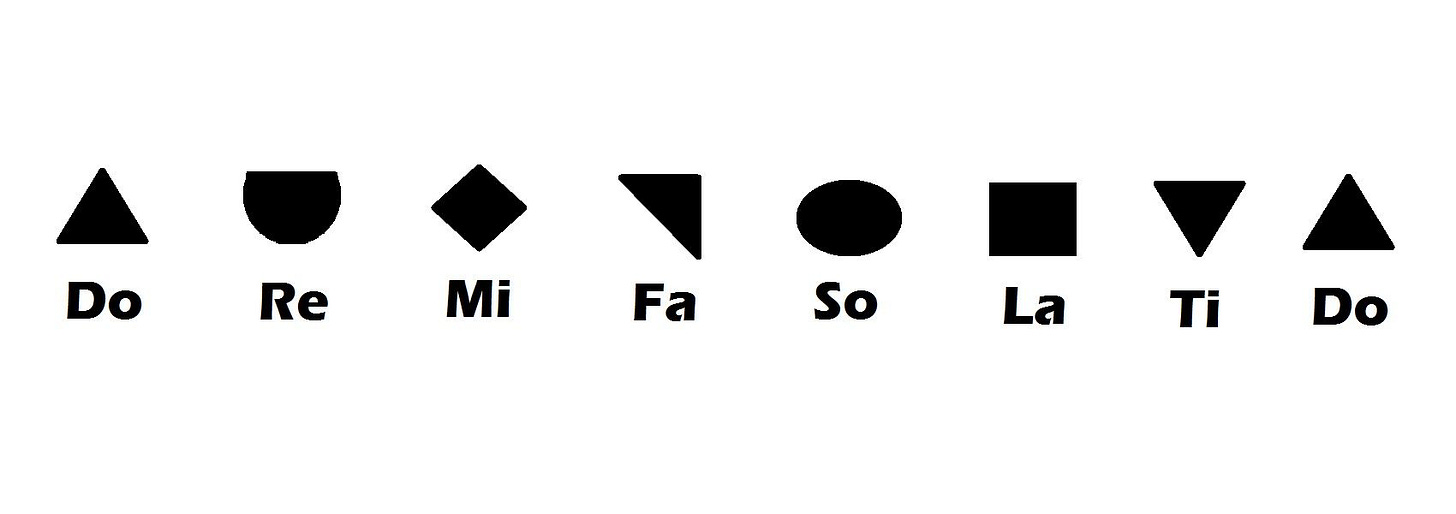
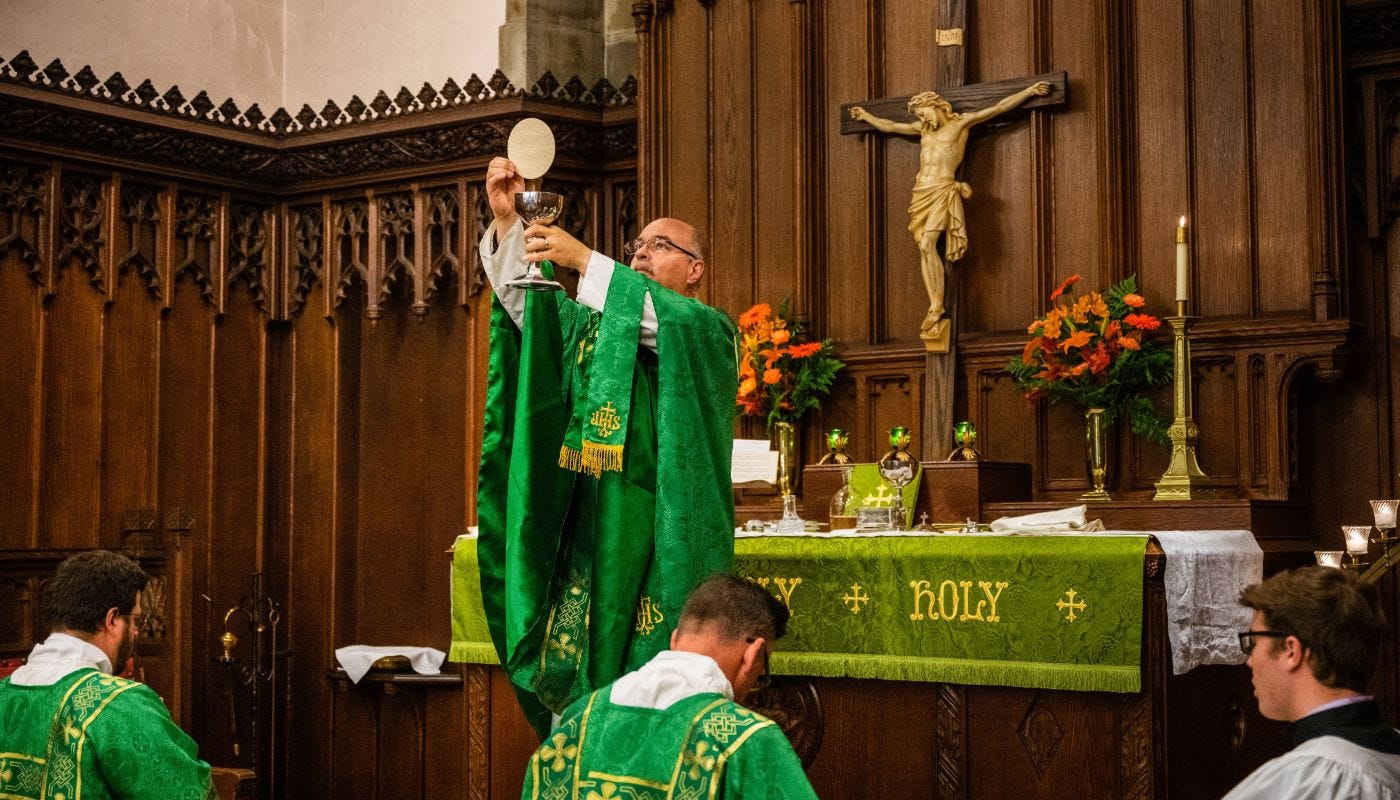
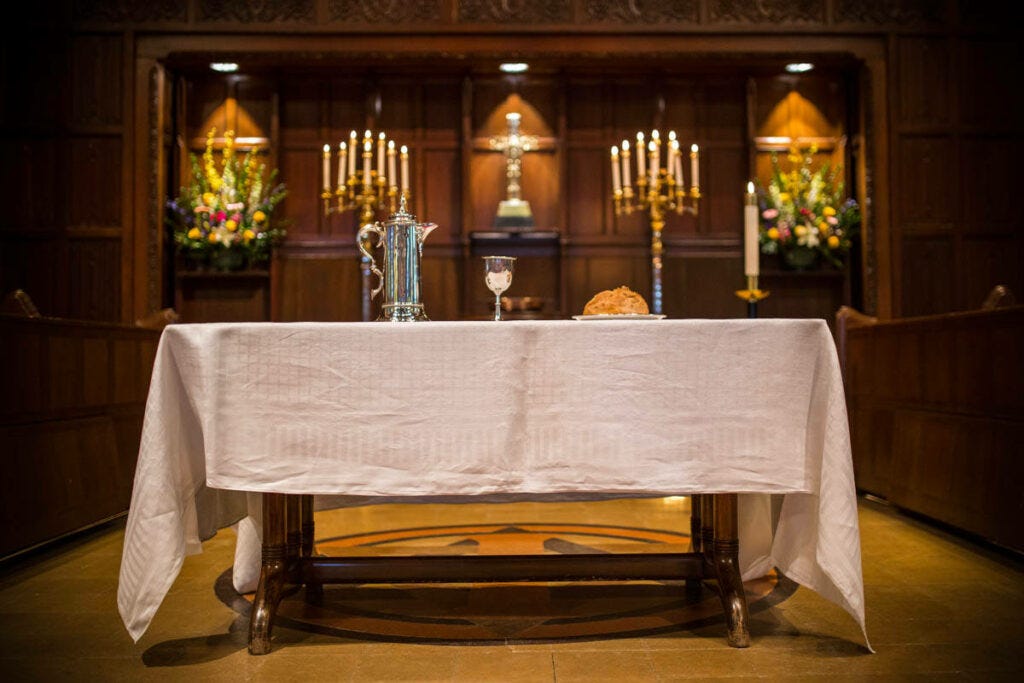
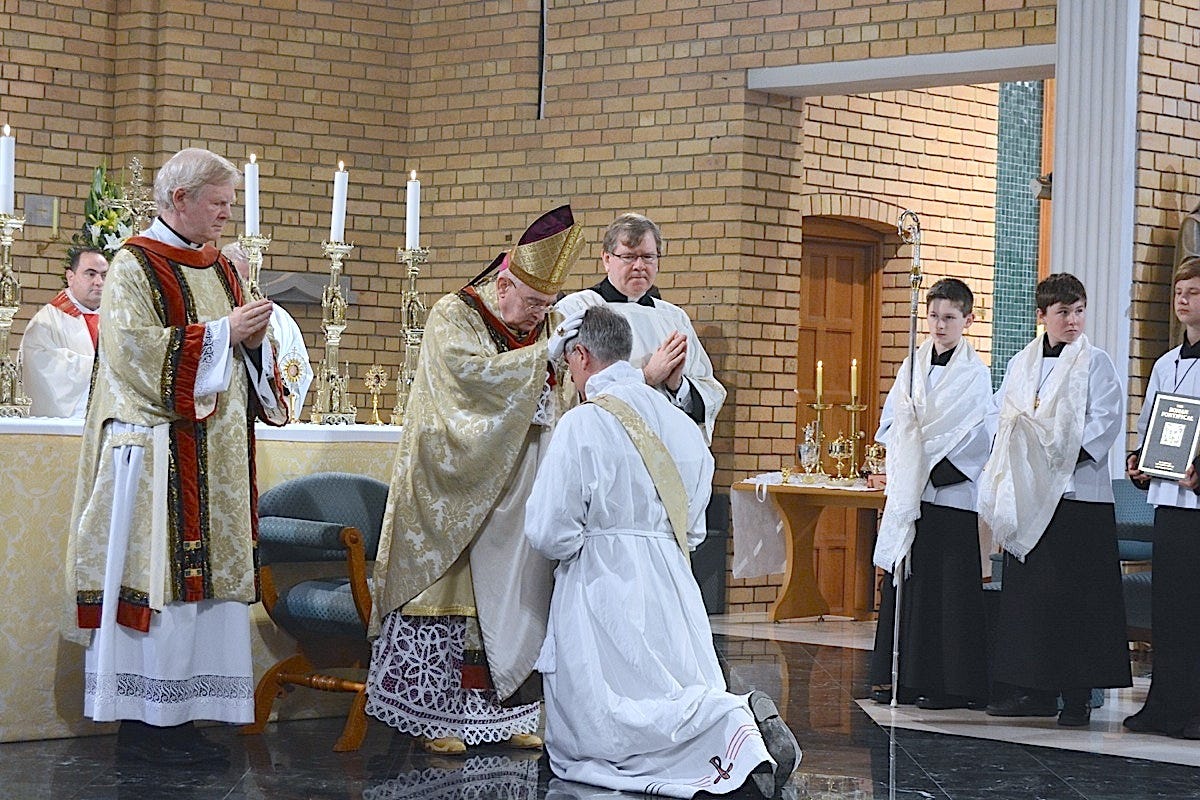
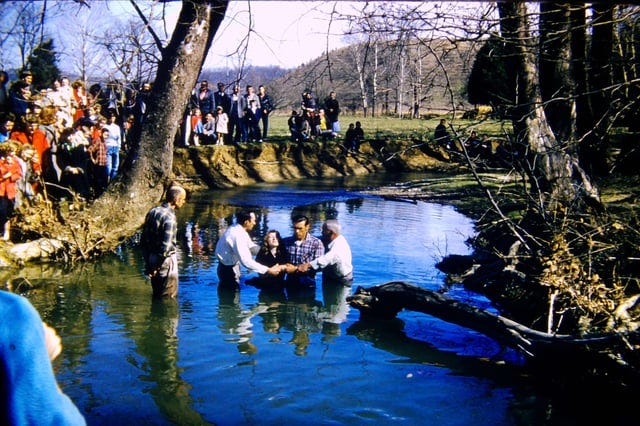
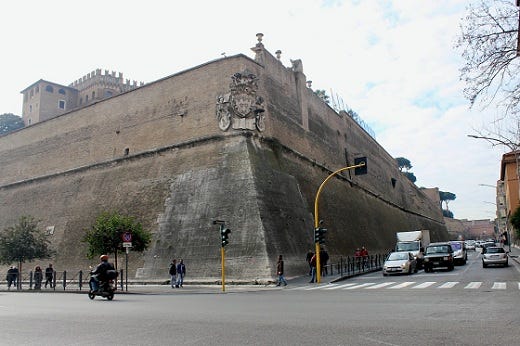
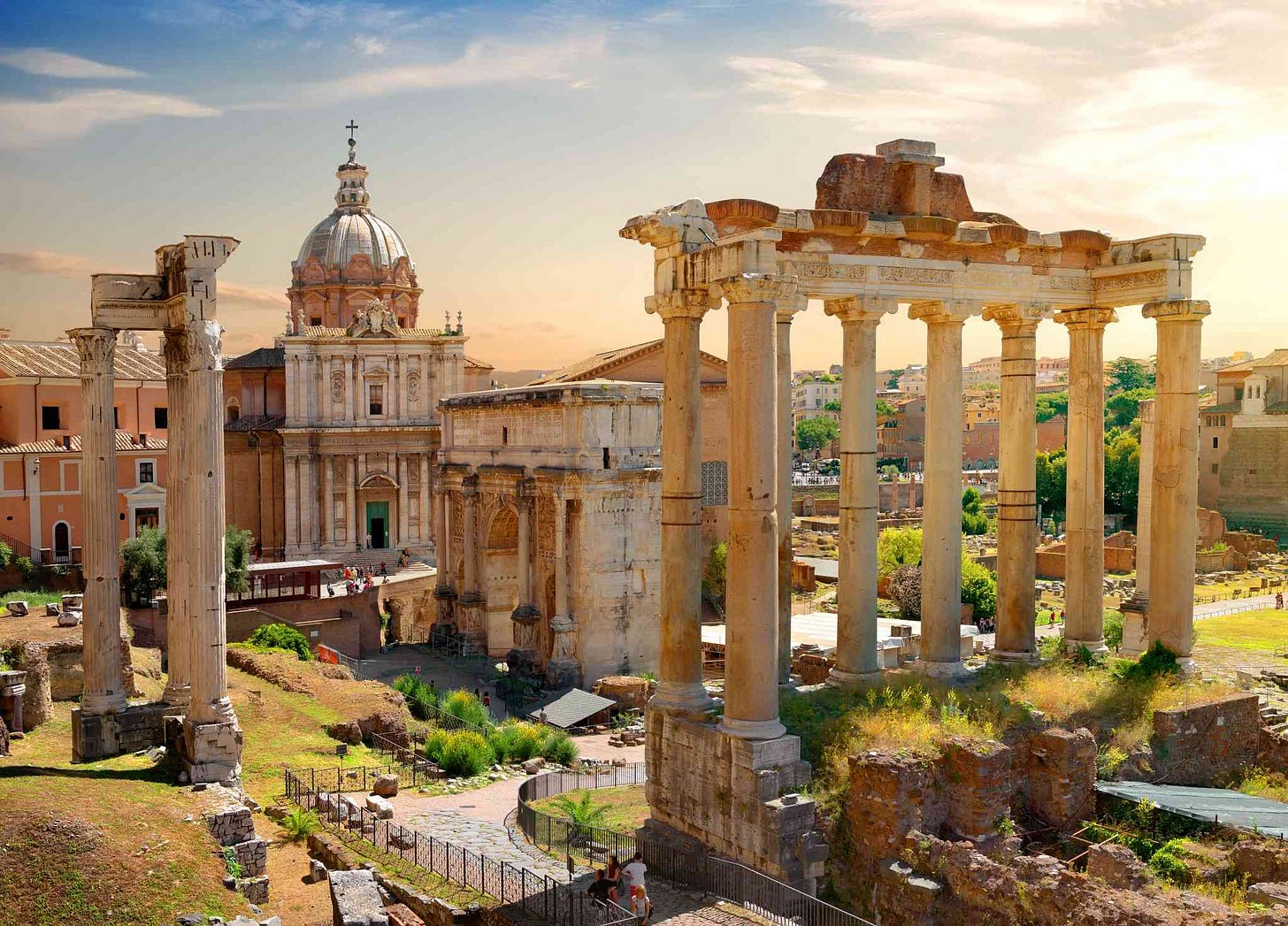
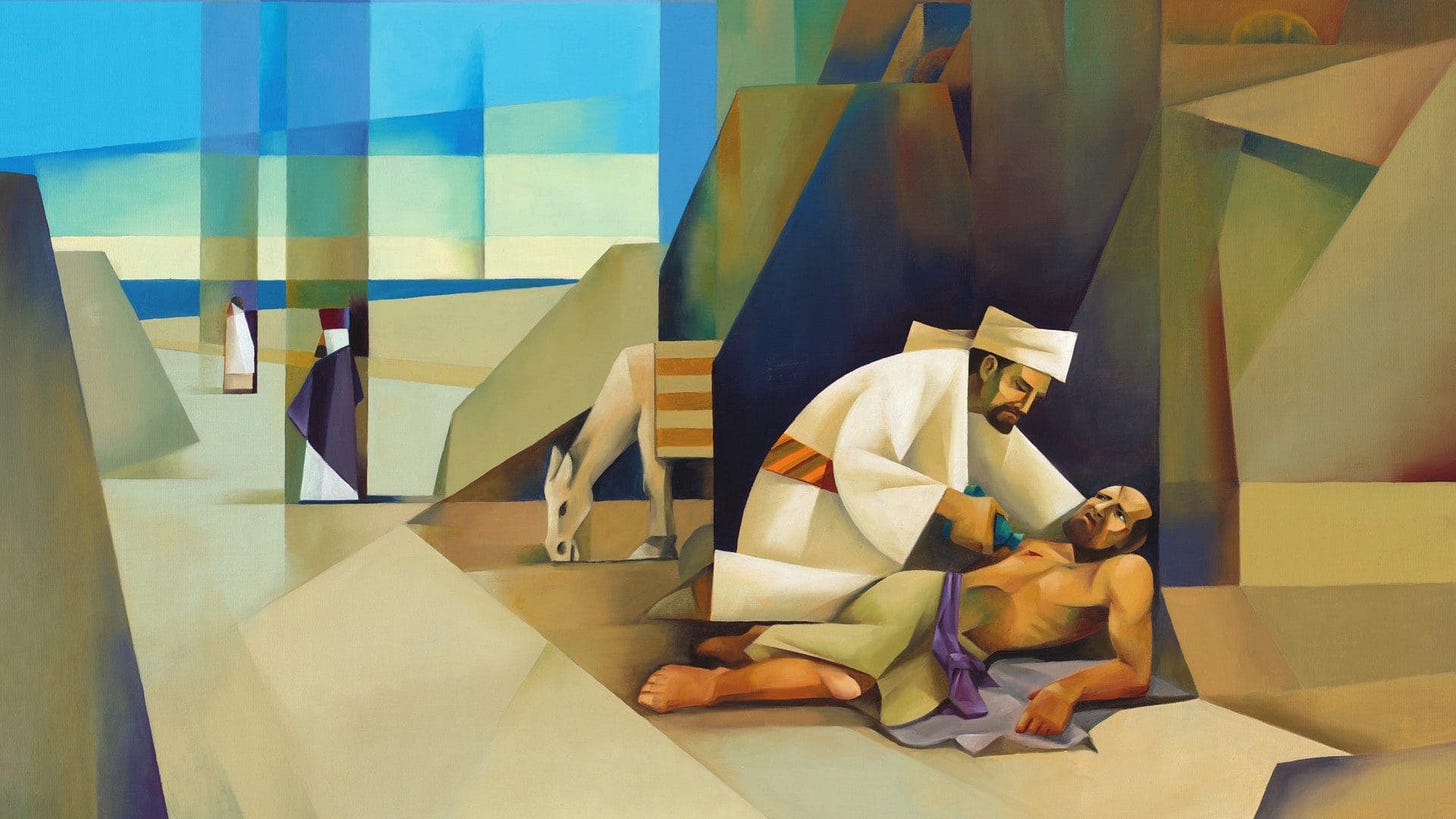

So well written, dude. I was born Catholic but raised heathen by my father who took us from our Catholic mother. When I was in a time of extreme desperation, the RC priest I had reached out to called the police and had me jailed. A month or so later, still desperately seeking help, I ended up at 3:00 am at the door of a small Pentecostal Church. They took me in and treated me like family. The holiest man I’ve ever met was the pastor of that small church. He had a grade eight education and spent his days pacing the sanctuary of that small church—in deep prayer with his well-used Bible in hand, pleading to God for His small congregation. I enjoyed his sermons better than almost anyone I’ve heard since. He’d met with God during the week—and it showed.
There was plenty awry in that congregation—as there is in any other. The Church calls sinners and sinners sit in the pews every Sunday. Those sinners are all at various stages of maturity and unfortunately, immaturity.
So to cast stones at Catholicism and ignore our own deviations is the very definition of hypocrisy.
When we get to Heaven, Spiritual Israel will come rejoicing from more sources than we can imagine. God is love and He is no respecter of denominations.
I'm also a Catholic, and I fully endorse this gorgeous and moving post. And that Appalachian hymn was great.
When we say He could be *anywhere*, though, do we mean even with the Calvinists? . . . Ugh, fine—it stretches my charity, but I'll concede it. If He could be even with some Muslims (I'm rather partial to the Sufis), I guess He could be with them as well.